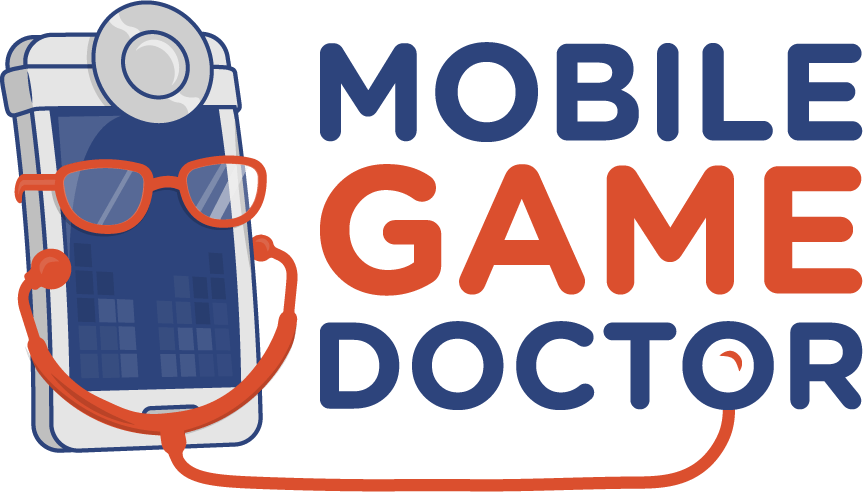Picking Wylde Flowers
Have you ever had an experience that set you back on your heels in your thinking about something you were utterly certain of as a professional expert?
For more than two decades, I’ve been studying, creating, and promoting social games. The work I started back then is now called “prosocial gaming.” Simply put, prosocial games encourage cooperative and constructive play to succeed rather than killing or competing to succeed.
When I turned my attention to this matter, MMOs were nascent and it was the Wild West out there. Ultima Online, EverQuest, and Asheron’s Call were commercially successful and Meridian 59 still had a fan base. These 3D MMORPGs were poised to set the standards for how people behaved in these spaces. Having little confidence in people’s unfettered behavior, I set my mind to creating social systems to encourage what I thought of as positive gaming behaviors because they were positive human behaviors.

One of the central problems with online populations is that, for the most part, virtual worlds pop into existence instantly and inorganically. Human societies develop incrementally over long periods of time; MMO communities spring up and develop in a way that was rather novel at that point in time. It wasn’t just outside the norms of human experience; it was a social experiment that went horribly awry in myriad ways.
Of course, the most obvious is the plague known as Griefers. While Player Killers devote themselves to killing other players (and usually have servers dedicated to that particular flavor of play), Griefers derive pleasure from ruining other people’s experiences. I find this type of behavior puzzling. More importantly, Griefers are directly at odds with my goal as a game designer: providing quality experiences to players to enrich and entertain them. Their goal is to ruin those experiences. But I digress.
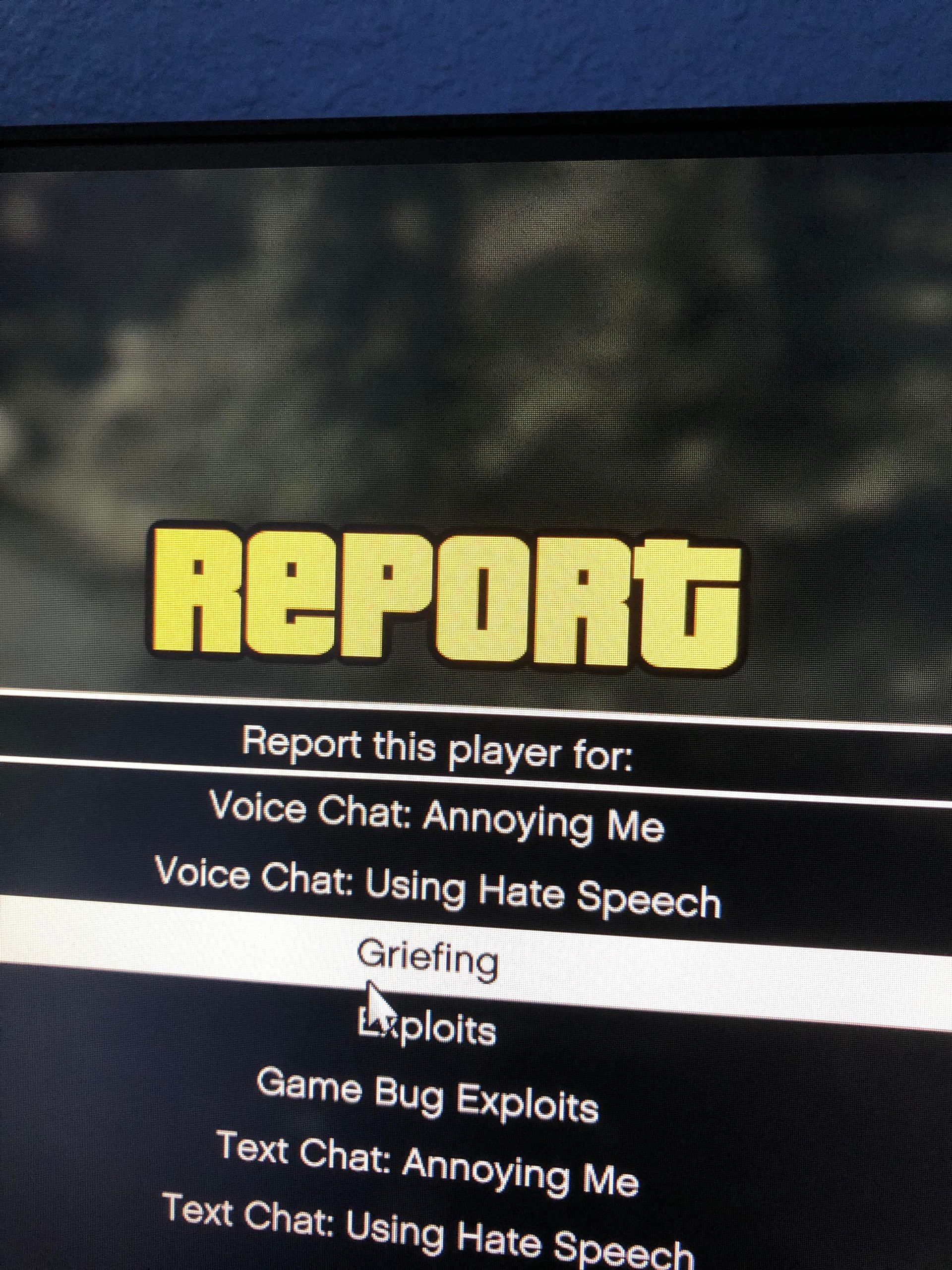
Throwing myself into social sciences, I started to work at developing the sorts of social systems that mirror other aspects of human interaction and introducing them into games. Simplistically, Social Game Systems are those game systems which support, enable, encourage, reward, and punish different social behaviors. I developed Karma Systems where players’ social behaviors influenced their odds of succeeding in game tasks and experimented with manipulating extant systems to exploit them for my nefarious society-building purposes. Rites of Passage. The list goes on.
It was kind of “my bag.” So, when I recently was preparing to do a guest lecture for an interview, it did seem to be the logical topic. As I started putting it together, a friend & colleague suggested I check out a particular game. I played it for a while and kept asking myself, “Why is she having me play this single player game? She knows I’m lecturing on Social Systems….” I started second guessing; perhaps you had to get to a particular level before you had access to the multiplayer part of it. Nope. On we go.
About the time I was getting ready to ask why I was playing THIS game, the penny dropped. It was extraordinary. This game had managed to incorporate a rich social experience into a single player game in a way I’d never imagined.
Over the years, I’ve played Animal Crossing and comparable games where the player is part of a community. Yes, some of these systems are fleshed-out. However, I’d not experienced anything like this game before.
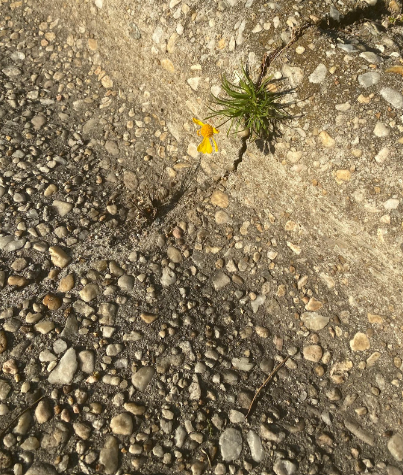
The game that caused this tectonic plate shift is Wylde Flowers. This unassuming game has managed to create a type of richness that came as a complete surprise. It begins with your arrival at the island town of Fairhaven which you’ve come to in order to help your ailing grandmother on her farm and escape the recent loss of your job and the breaking off of your engagement.
At first blush, it’s a simple sim. You have tasks and you’re doing the same sorts of resource management tasks you’d do in most sims. Fishing. Farming. Gathering things. There are some curious twists that are woven in so subtly that they surprised me once I came to understand them. For instance, the first quest you get is from the local Mayor to go and introduce yourself to each of the inhabitants of the island town. It’s set up as a little “game” of his that helps get new residents acquainted.
Much more importantly, it establishes a baseline with every one of those characters that will grow, change, and develop with subsequent interactions. Every resident has a relationship status with the player at all times which influences their likelihood of strengthening the relationship through further interactions. Some characters can be cultivated as romantic interests but not all. Others are part of the social fabric of the community and its various subgroups, such as a neighborhood watch or your coven of Witches.
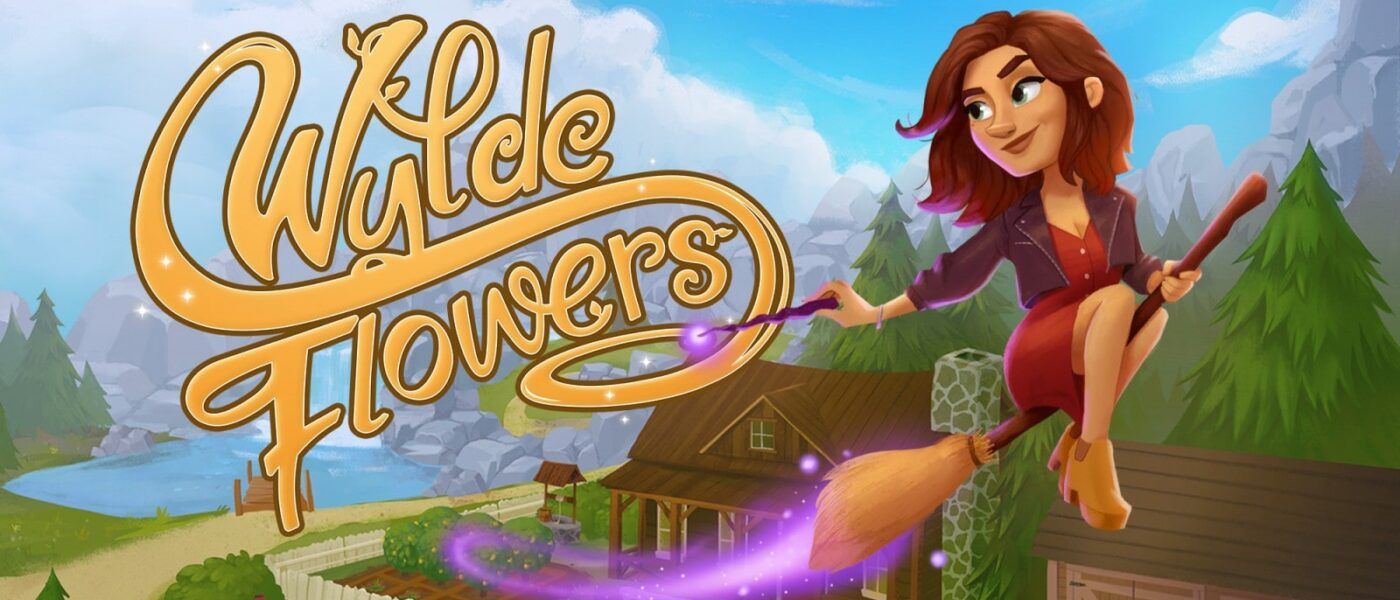
Wait. Witches? Yes. Helpful farming granddaughter by day, Witch by night. While I could drill down into that aspect of the game, how it creates fascinating duality, and the complexity it adds, that's a different post.
Another astonishing thing about this game is how it broaches difficult subject matter. For instance, (spoiler alert) your grandmother is dying. And this sweet game takes you right into the center of it. I found myself weeping openly. Perhaps that’s not a great endorsement on its own; the fact that the story surpassed immersion and involvement is a great endorsement. As I think back over other emotional experiences from a lifetime of games, there are a few that stand out. And this one will go right up there with Floyd’s death in
Planetfall as game moments I will not forget.
I digress again because this game keeps delivering.
The game is openly LGBTQIA+ friendly so you can pursue relationships with a number of community members, if you so desire. If you become a couple and things don’t work out, you stay friends. This sort of sim gives young people an opportunity to experiment with relationships in a safe environment; in other words, this is the playground version of dating. Training wheels, if you will.
The graphics do not jump out as an area of excellence if one compares it to AAA titles. There are beautiful details, however, that transcend the simple cartoonish graphics and avatars. During the autumn, leaves blow across the landscape; in winter, flurries surround the player. These small details, these flourishes, just like the complexity of your relationships, surpass expectations and are frequently so understated as to blend in seamlessly with the rest of the game experience.
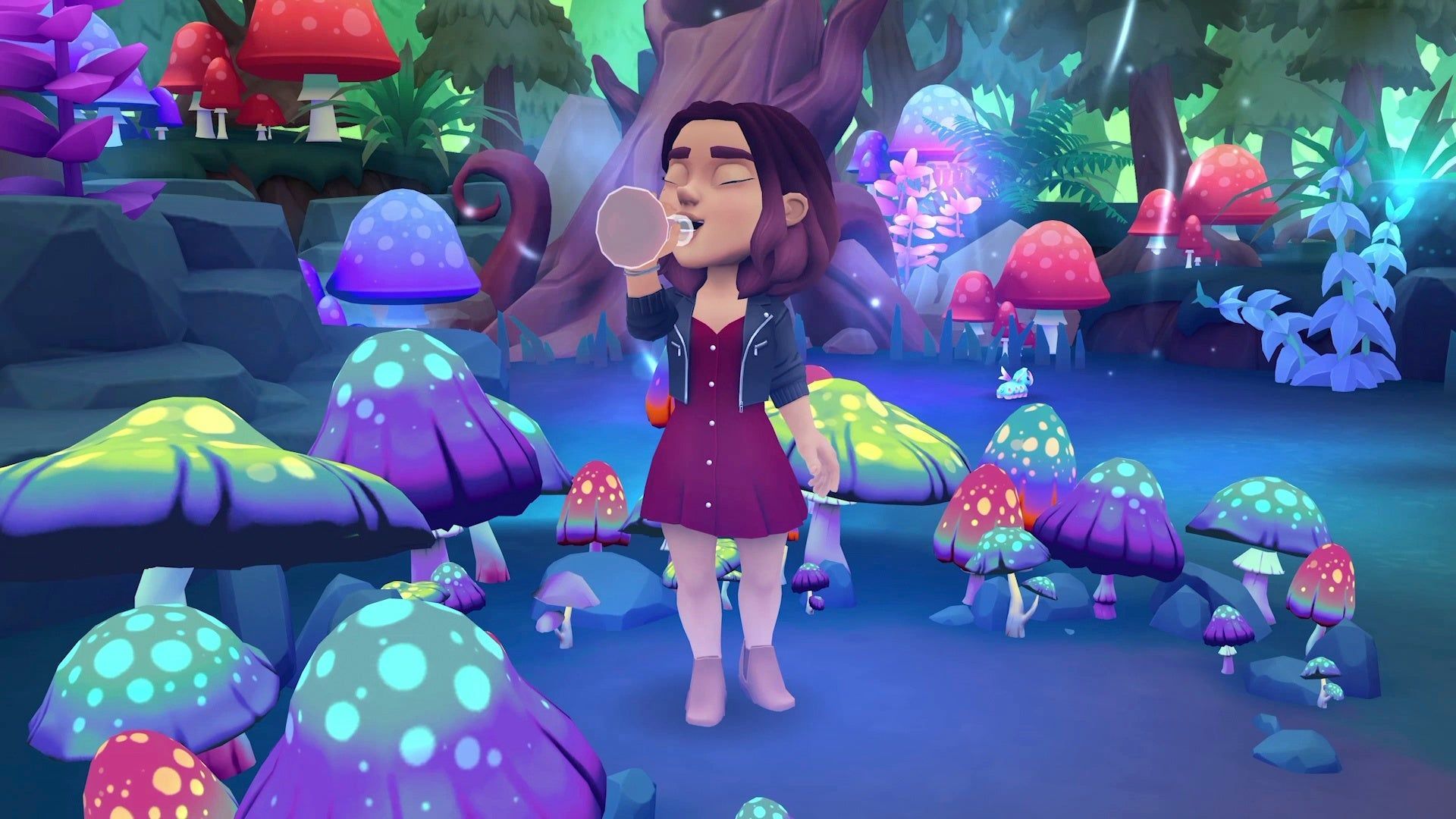
Similarly, the audio has unexpected qualities. As for the music, the last time I left the game music on was Ocarina of Time on the N64 in 2000. It never crossed my mind to turn this music off because it never interferes or distracts. The voice acting is exceptional in design as well; every character is voiced by a person who matches the character’s race, gender, accent, and so forth. A seemingly small detail to many, it is precisely this attention to the other characters in the game that makes the social fabric compelling. The characters have unanticipated depth and texture. The player feels it and is drawn in.
In a world full of games that focus on killing everything in sight or conquering others, the prosocial gaming movement is establishing itself securely and sprouting in new directions. Landmark and understated offerings like
Wylde Flowers provide a rich sandbox for experimenting with dating, being part of a community, having varied relationships, and dealing with loss in a beautiful, gentle world filled with a wide array of interesting people of different ages, ethnicities, and backgrounds. Let’s play.


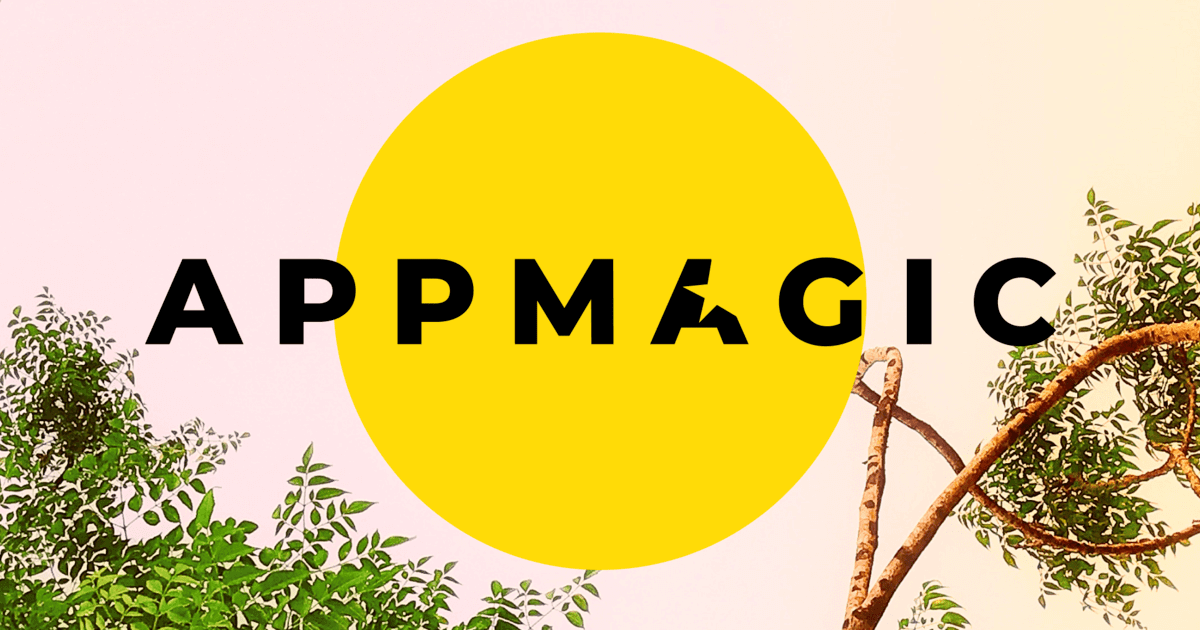
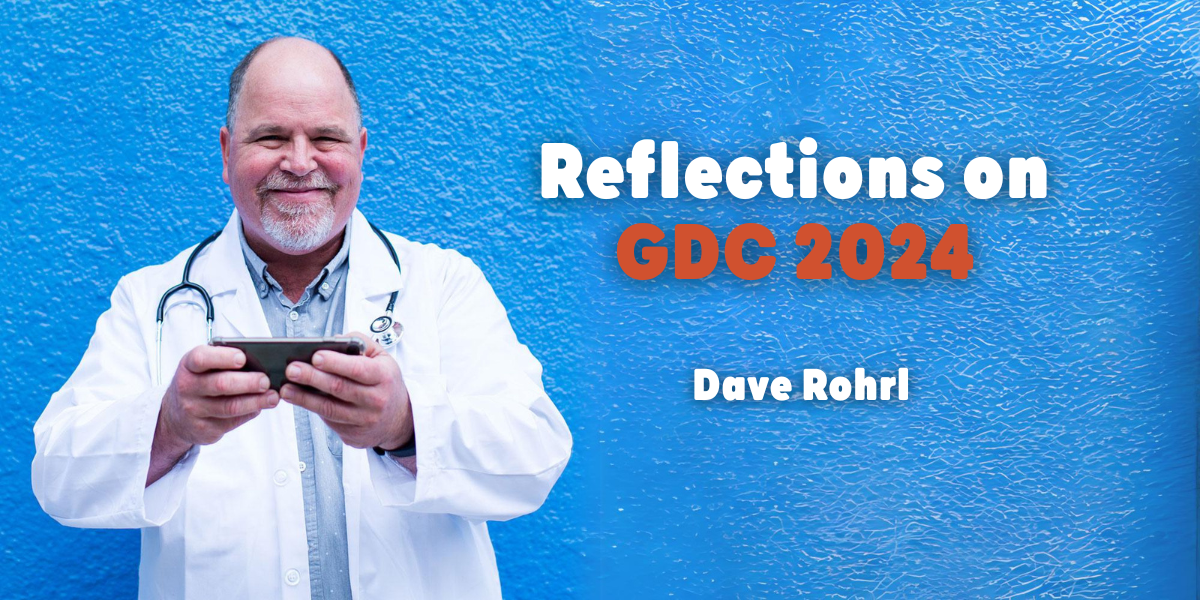
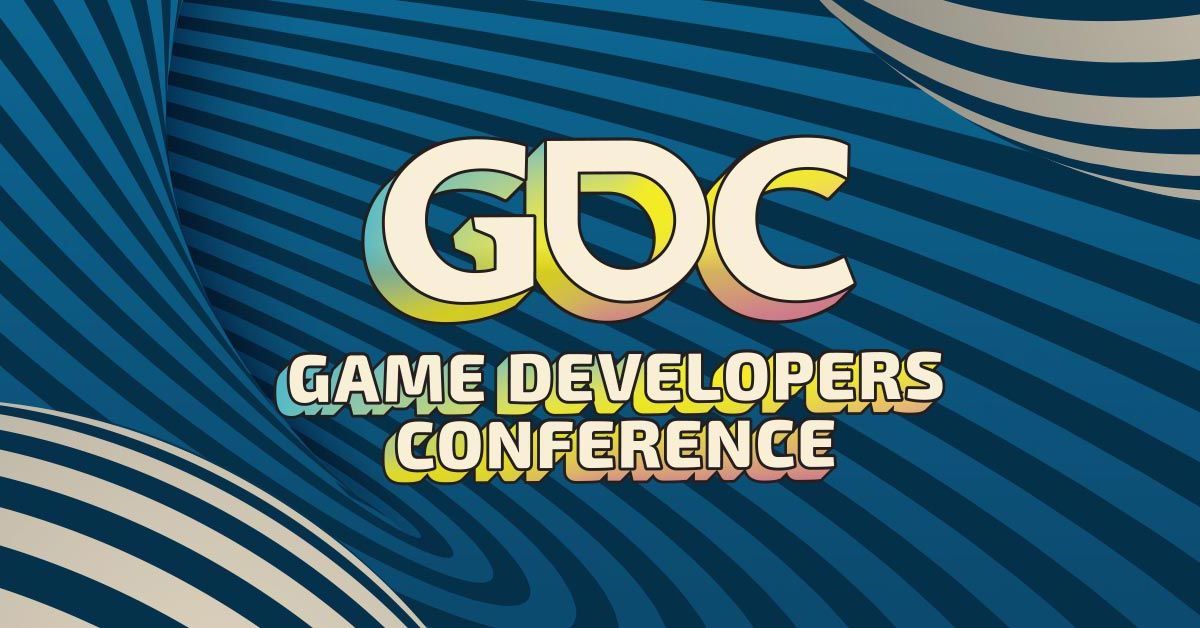
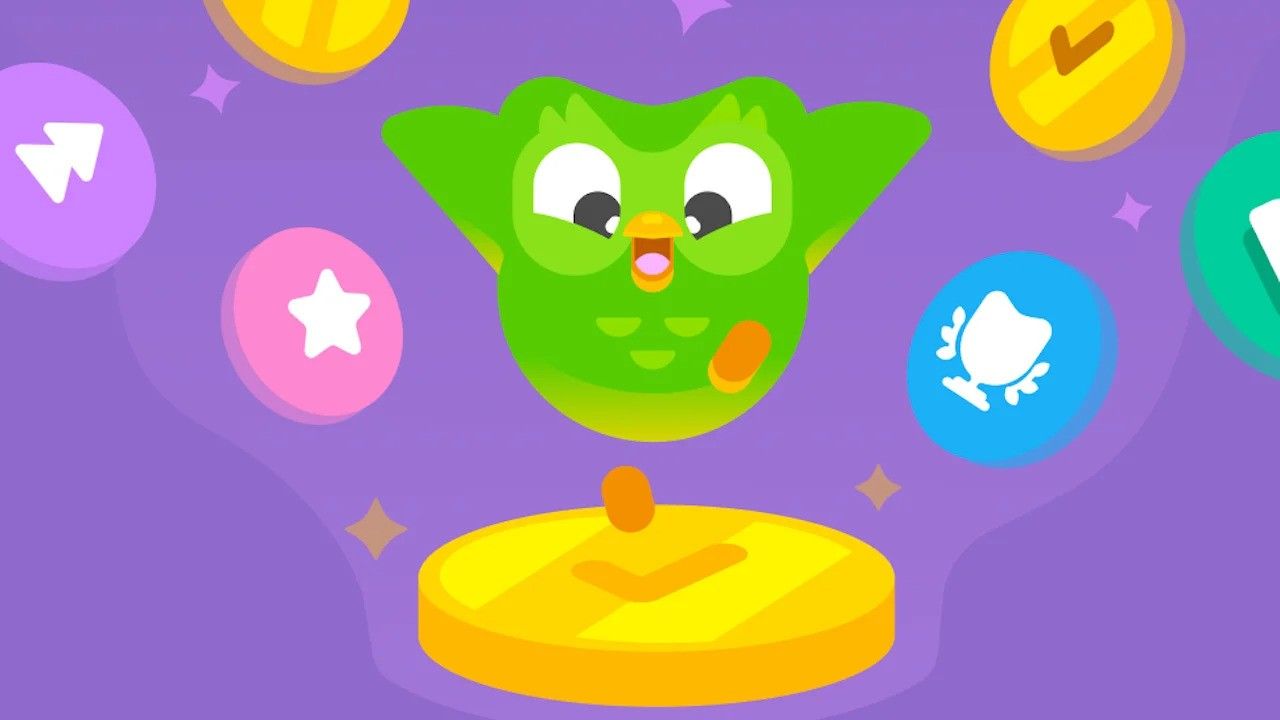
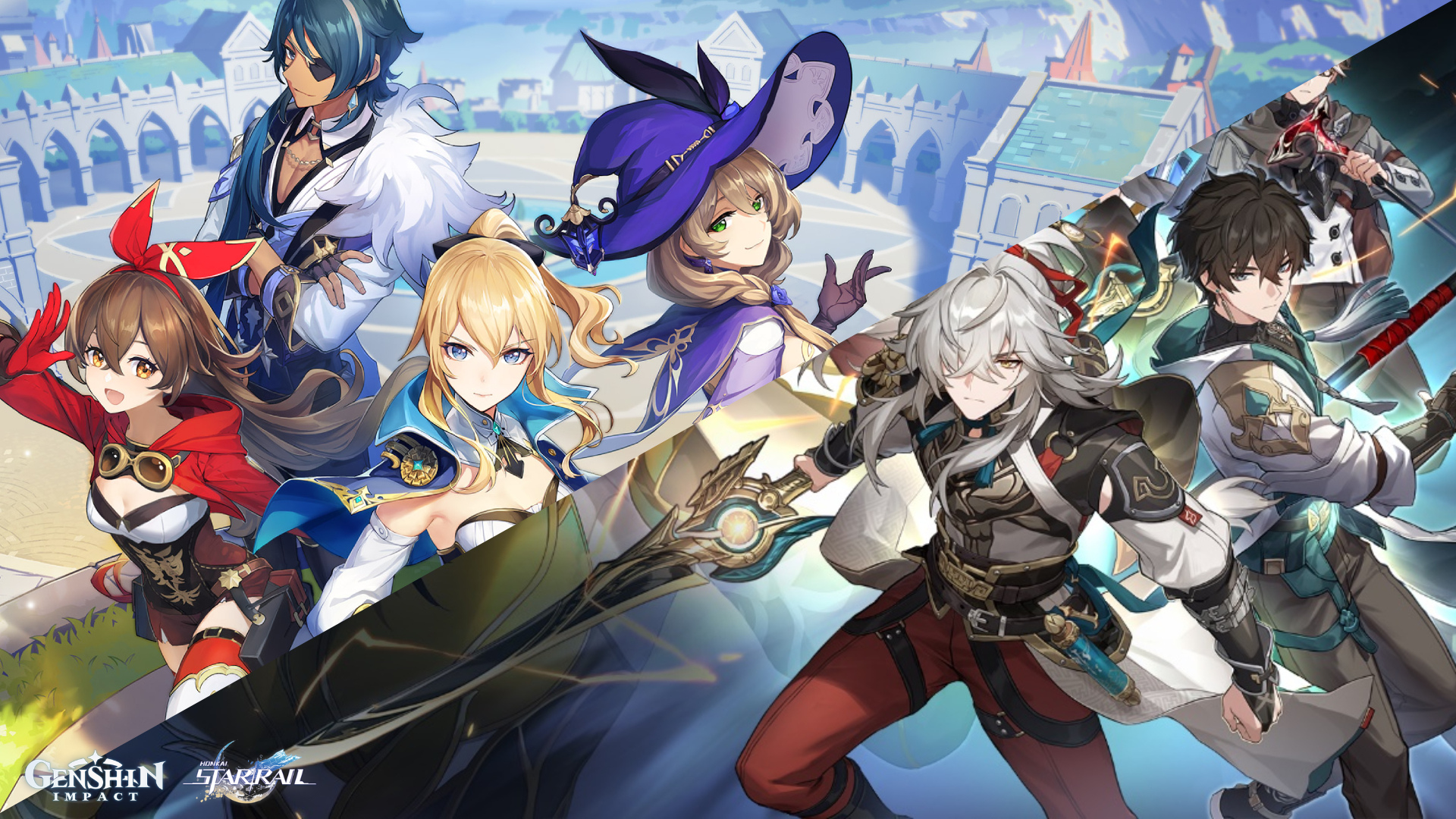
Quick Links
Services
Join Our Newsletter
We will get back to you as soon as possible.
Please try again later.
All Rights Reserved | Mobile Game Doctor | Accessibility | Privacy Policy | Terms & Conditions
